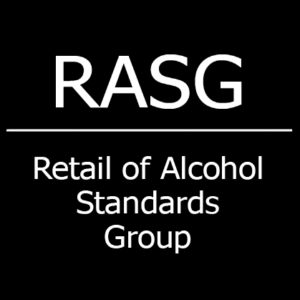
Digital proof of age and the use of technology for alcohol sales
We are living in a digital age but despite this, digital proof of age and the use of technology to determine a person’s age when buying alcohol is not permitted under Licensing laws in England and Wales.
The sale of alcohol is regulated under the Licensing Act 2003, which requires every retail sale of alcohol to be made or authorised by a person.
The Licensing Act 2003 (Mandatory Licensing Conditions) Order, made under the 2003 Act, stipulates that every premises that sells alcohol must have an age verification policy that relates to that premises. The age verification policy must require people who appear to be under 18 years of age to produce ID on request, before being served alcohol. It goes on to say that acceptable ID is one that includes the persons photograph, date of birth and a holographic mark.
It is not possible to have a hologram on a digital screen and so this means that to satisfy this legal requirement, the proof of age provided must be physical e.g., a driving licence, passport, military ID or PASS card.
However, government, keen to encourage efforts to develop new technology to improve the experience of consumers and retailers when purchasing age restricted products developed proposals for a Regulatory Sandbox to take place in the first half of 2022. The Regulatory Sandbox, overseen by the Home Office and the Office for Product Safety and Standards (OPSS), allowed the trial of technologies that could fulfil the requirement for age verification in the retail sale of alcohol. It should be noted that current legal requirements continued to apply during the Regulatory Sandbox.
There were 9 trials in total with 4 of these being run by Retail of Alcohol Standards Group members. The evaluation report of these 4 trials can be found here.



